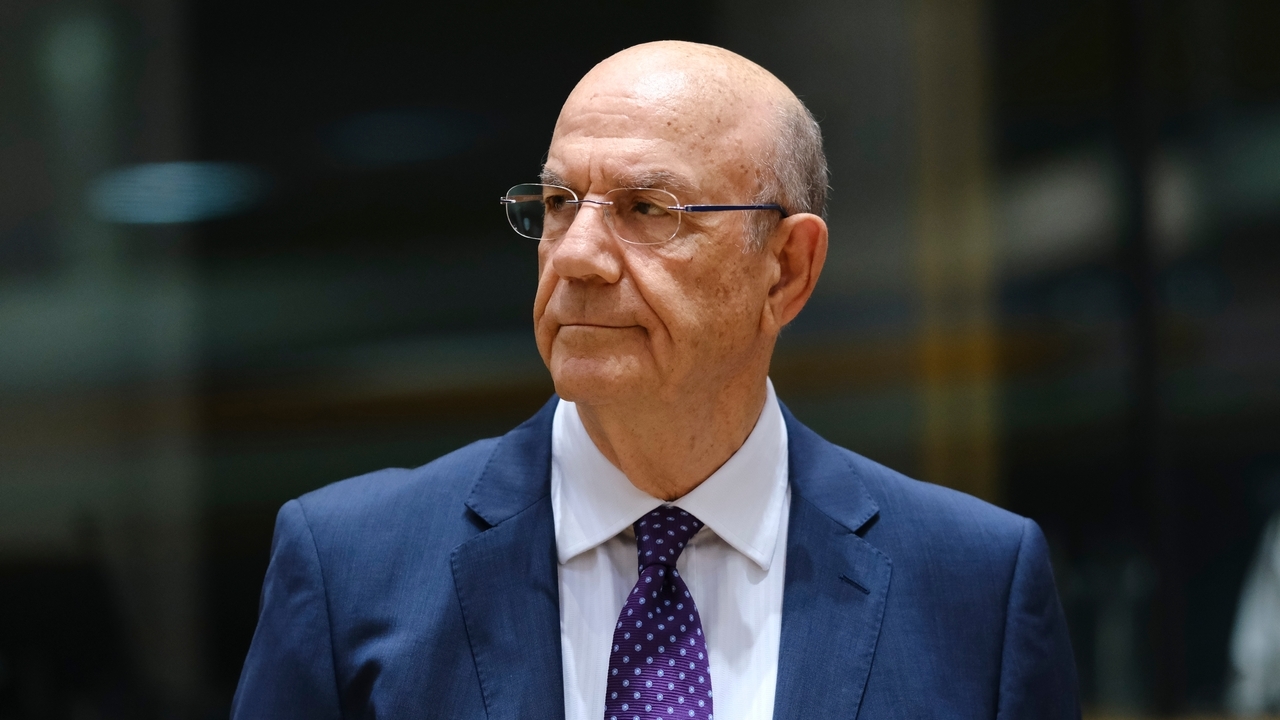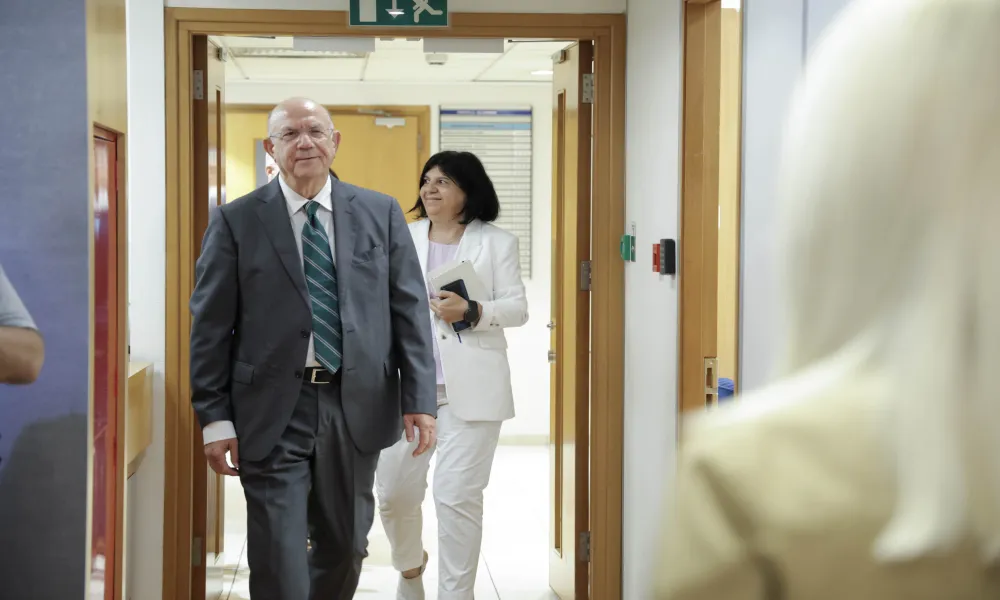Finance Minister Makis Keravnos appeared ready to step down from the Cabinet over his disagreement with the government’s handling of the Great Sea Interconnector (GSI) project. His remarks signalled that he stands by his position that the project is financially unsustainable, confirming an internal rift that has now escalated into a political crisis.
While Keravnos has repeatedly expressed reservations about the GSI, the government has continued to send signals of support for its implementation. On Friday, the Energy Regulatory Authority of Cyprus (RAEK) published the official decision transferring ownership and operator licences for the GSI to ADMIE, Greece’s Independent Power Transmission Operator. Meanwhile, the European Commission has stepped in to mediate the dispute, with a teleconference scheduled for 16 October between EU Energy Commissioner Dan Jørgensen and the energy ministers of Greece and Cyprus.

“I have many concerns”
Speaking before Parliament’s Finance Committee during the presentation of the 2026 state budget, Keravnos reiterated his concerns about the GSI. Responding to criticism from Greek Energy Minister Stavros Papastavrou, he revealed that Cyprus’s own Energy Minister Giorgos Papanastasiou holds the same feasibility studies; which, he said, conclude that the project is not viable.
“I’m not against any project that can bring benefits to the Cypriot economy,” he said, but added pointedly: “One person cannot create problems for the government.” He then stated that he was ready to facilitate the situation, implying his willingness to leave office. Keravnos insisted that it is his duty to review the financial data and express his opinion, while rejecting what he called “fake news” from “a minister of another government”, referring to Greece’s Energy Minister, claiming that he was withholding the feasibility studies.
He clarified that the studies and cost analyses were commissioned by the Council of Ministers, prepared by external experts, and delivered to the Energy Ministry in November 2024, later forwarded to the Greek ministry. “We all know the studies and their findings,” Keravnos said, describing the concerns as well-founded and stressing that he personally has “many worries.”
He also reminded MPs that the European Investment Bank (EIB) declined to finance the GSI, having found it non-viable, and instead recommended investing in energy storage.
Political backlash and reactions
Keravnos also rejected DIKO leader Nicolas Papadopoulos’s recent statement that the project must be accelerated to prevent Turkey from completing a rival connection with the occupied areas of Cyprus. “If Turkey wants to build an interconnection, we cannot stop it,” he said.
His comments on “false news from another government’s minister” prompted a reaction from DISY MP Harris Georgiades, who called the remark inappropriate. Keravnos responded: “I am the last person who would ever seek conflict between the Cypriot and Greek governments. But the Greek Energy Minister said I was holding back studies, I never said it was deliberate, but the statement was made publicly.”
After the session, Georgiades accused the government of double-speak on the GSI, saying it had left Cyprus “exposed.”
AKEL MP Andreas Kafkalias added that “the double-speak continues, the confusion deepens, and uncertainty remains over whether the project will move forward.”
